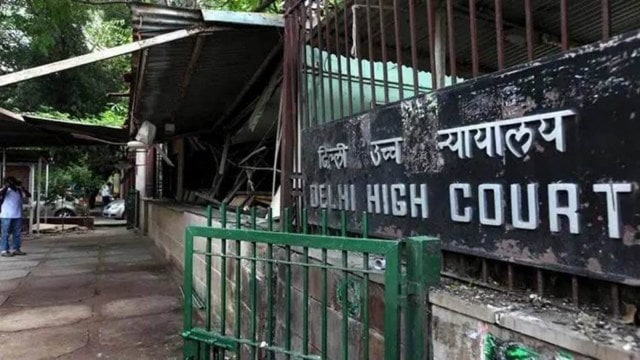Mandatory to register FIR in alleged fake encounter cases: Delhi High Court
In a verdict delivered on August 5, the court rejected a petition by the State concerning a case of an alleged fake encounter by police, in which a man was killed, in 2013.
 "The circumstances leading to the death of Rakesh need to be explained. The learned ASJ, thus, rightly concluded that there was enough material to direct the registration of FIR.”
"The circumstances leading to the death of Rakesh need to be explained. The learned ASJ, thus, rightly concluded that there was enough material to direct the registration of FIR.”The Delhi High Court has emphasised that “the law mandates that whenever a person dies in an encounter which is alleged to be fake, an FIR has to be mandatorily registered”.
In a verdict delivered on August 5, the court rejected a petition by the State concerning a case of an alleged fake encounter by police, in which a man was killed, in 2013. The State had challenged a sessions court’s order upholding a magistrate court’s order directing the registration of an FIR at Alipur police station in this case.
The deceased’s father, Puran Singh, had alleged police murdered his son, Rakesh, during a chase where three others had escaped unhurt. Singh had submitted that “circumstantial evidence establishes a prima facie case of murder and not of encounter” before the magistrate. The sessions court then upheld the magistrate court’s order in 2020.
Police had claimed the magistrate court’s order, directing for registration of the FIR, was “arbitrary, illegal and passed in a mechanical and casual manner”; police relied on an SDM inquiry that had given the police a clean chit, claiming they fired in self-defence.
The court of Justice Neena Bansal Krishna held, “(The sessions court) considered in detail the circumstances in which the incident took place and the post-mortem report. It was observed that there were six injuries on the body of Rakesh, out of which one was a firearm injury and five others were caused due to blunt force. In these circumstances, it has to be established that the deceased was not mercilessly beaten up by the accused. Thus, investigations are required to ascertain whether it was a case of murder or an encounter… The learned ASJ further observed that the post-mortem report cannot be ignored at this stage… The circumstances leading to the death of Rakesh need to be explained. The learned ASJ, thus, rightly concluded that there was enough material to direct the registration of FIR.”







